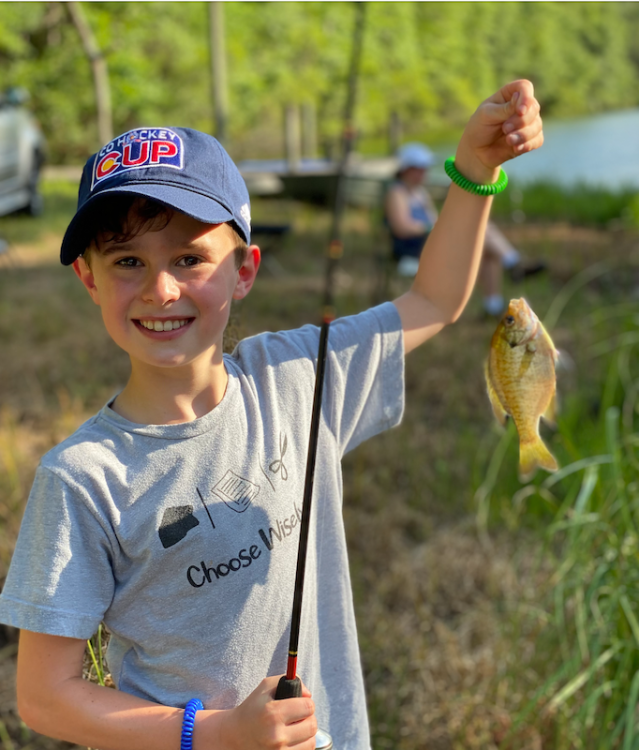
Anyone else feel a mild sense of panic at the word “resilience”?
You worry you aren’t doing enough to build your kid’s resilience. You worry you aren’t doing it right. You worry because the stakes are so high. You worry because you don’t even know the difference between “resilience” and “resiliency.” (Is there a difference?) And your kid quit T-ball after just one practice. And your kid cried after losing Parcheesi. And your kid just seems, well, flimsy.
[Cue timid hand raise.]
Fear not.
Whether you mean to be or not, you are building your child’s resilience all the time.
That’s right. ALL THE TIME.
Each time you sign your child up for soccer or baton twirling or chess club, you are teaching the value of cultivating passions. Each time you ask your child to do a chore, you’re imparting self-efficacy. Each time you insist your child floss, you are instructing them on self-care. Each time you remind your child not to interrupt when you’re on the phone, you are teaching empathy and effective communication. Each time you say “After you,” and hold the door open for a stranger walking into a store at the same moment as you, you are modeling generosity and connection for your child.
So is this enough? Probably. But there’s an easy way to make all that you do and all that you say more than enough.
Simply help your child realize how they feel after they do something good.
That means not just teaching your child self-efficacy by assigning chores. It’s taking it one small step further by asking how your child feels about helping the family in this way. It means not just creating a self-care routine in flossing, but taking a quick moment to ask your child how it feels to be doing something for their physical well-being. Obviously, your child knows that he likes chess. But does your child know what it is about chess that he likes? The strategizing? The black and white pattern of the board and the miniature pieces? The feeling of winning?
And instead of just opening that door for the stranger at the store, it means saying afterward to your child, “Wow, that made me feel really good to do something for someone else.” Not only will you be modeling this type of thinking for your child. You’ll actually be triggering your child to think about how they feel. Hearing YOU talk about your emotions will cause your child to think about THEIRS. That’s because it’s just about impossible to hear someone talk about a sensation, without reflecting on your own experience. If someone says, “I feel cold,” our natural inclination is to check in with ourselves to see if we’re cold too. That’s built into our biology.
One of the most important protective factors we can possess on the journey towards resilience is self-awareness. And conversation is our gateway to awakening.
When kids know themselves—their needs, their strengths and weaknesses, when they know what drives them, what gets their blood flowing, as well as what gets their blood boiling—when kids understand who they really are, they’re able to set realistic goals for themselves, they are able to tend to their own needs, recognize their own limitations, and make responsible choices.
According to Thrive Global, Arianna Huffington’s company that aims to improve the well-being of people and communities, self-awareness is all about asking yourself the right questions.
When it comes to sparking self-awareness in our children, it’s all about asking them the right questions. Our job as parents is to help our kids learn to reflect on their experiences, not just have an experience.
Plus, growing our children’s self-awareness will not just help them understand themselves better. It will help you understand your child better, and along with that, it will help you connect to them better.
And perhaps you’ll never wonder if it’s “resilience” or “resiliency” again.
